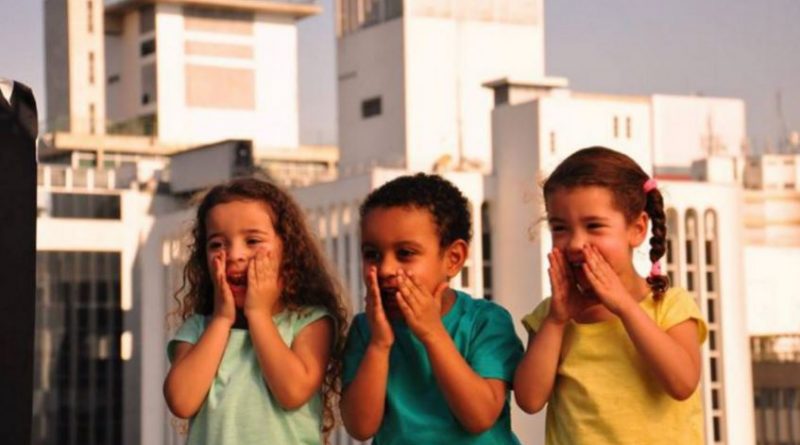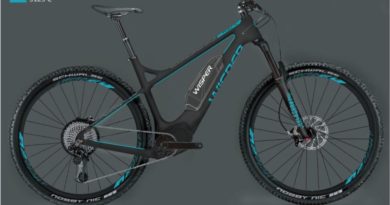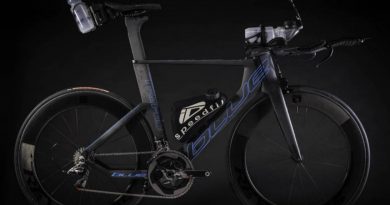Urban95 Challenge could fund your wellbeing project for active kids
If you could see the city from the height of 95 centimetres – the average height of a three year-old – what would you do differently when it comes to city design?
That’s the question asked by the Bernard van Leer Foundation, which is calling for ideas to promote the wellbeing of kids in urban environments.
Funding ranging between $5,000 and $30,000 is available to promising projects around the globe and these can be run by individuals, businesses, local organisations or Governments. The foundation has in the past invested over half a billion dollars in more than 50 countries around the globe to give give disadvantaged children greater opportunities.
The Urban95 initiative has a particular interest in public space design, green areas and transportation projects, meaning cycling and walking ambitions have a good chance of being realised with a little help from the Foundation. Those ideas driving children toward green areas (think local skate parks, for example), as well as those which promote street safety will be eligible for the funding.
Three types of project are sought:
- Influence: projects that find innovative ways to get city officials and community leaders to think more deeply and creatively about the needs of children under five and their parents;
- Design innovations: projects that make changes in a city’s built environment and, as a result, have a positive impact on children under five and their parents;
- Performance monitoring: projects that collect data, or use existing data, to monitor how the city is performing from a young child’s point of view.
Those projects likely to have a quick impact, as well as those submitted by local residents and their children are further encouraged.
Proposals should be submitted to the Foundation no later than September 16th. Download the Application Form and send it to Urban95Challenge@bvleerf.nl to be in the running for funding.
Read more about the ambitious project here.
Photo credit: Juliana Rosa – Prosa e Fotografia



